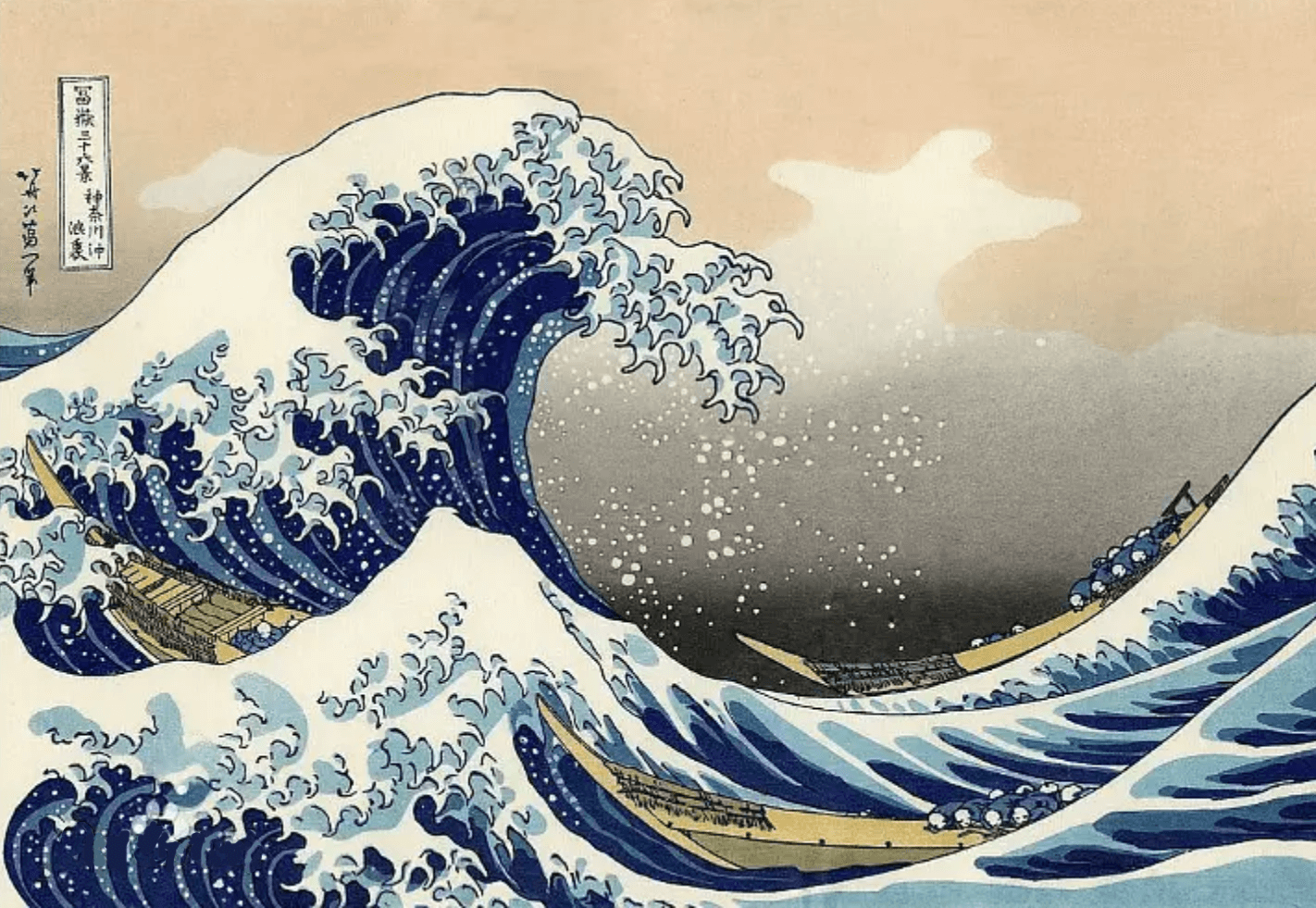社会主义下人的灵魂(二)
Upon the other hand, Socialism itself will be of value simply because it will lead to Individualism.
另一方面,社会主义本身之所以有价值,仅仅是因为它能产生个人主义。
Socialism, Communism, or whatever one chooses to call it, by converting private property into public wealth, and substituting co-operation for competition, will restore society to its proper condition of a thoroughly healthy organism, and insure the material well-being of each member of the community. It will, in fact, give Life its proper basis and its proper environment. But for the full development of Life to its highest mode of perfection, something more is needed. What is needed is Individualism. If the Socialism is Authoritarian; if there are Governments armed with economic power as they are now with political power; if, in a word, we are to have Industrial Tyrannies, then the last state of man will be worse than the first. At present, in consequence of the existence of private property, a great many people are enabled to develop a certain very limited amount of Individualism. They are either under no necessity to work for their living, or are enabled to choose the sphere of activity that is really congenial to them, and gives them pleasure. These are the poets, the philosophers, the men of science, the men of culture – in a word, the real men, the men who have realised themselves, and in whom all Humanity gains a partial realisation. Upon the other hand, there are a great many people who, having no private property of their own, and being always on the brink of sheer starvation, are compelled to do the work of beasts of burden, to do work that is quite uncongenial to them, and to which they are forced by the peremptory, unreasonable, degrading Tyranny of want. These are the poor, and amongst them there is no grace of manner, or charm of speech, or civilisation, or culture, or refinement in pleasures, or joy of life. From their collective force Humanity gains much in material prosperity. But it is only the material result that it gains, and the man who is poor is in himself absolutely of no importance. He is merely the infinitesimal atom of a force that, so far from regarding him, crushes him: indeed, prefers him crushed, as in that case he is far more obedient.
社会主义,共产主义,亦或是那些被这样称呼的主义,它们把私有财产变为共有财富,用合作代替竞争,它们将把这个社会修复成一个完全健康的有机体,将确保社会中每一个人的物质幸福。它们将给生活以保障,提供一个适合的环境。但要使其到达最完美的形式,还需要一些别的东西,比如个人主义。如果社会主义是被独裁的,如果政府被经济实力所武装,就像现在他们掌握政治权力一样,那么,我们就仍处在工业专制之下,人们今后将比以前更糟。当下,由于私人财产的存在,很多人得以发展一种有限的个人主义。他们要么没有工作的重压,要么能够热衷于某种惬意的,能给他们带来愉悦的活动。他们是诗人,是哲学家,是科学家,是文化人——简言之,他们是真正的“人”,是意识到了自我存在的人,是对人性有了一定认识的人。然而,在另一方面,还有更多的人,他们没有私人财产,永远处在饿死的边缘,被迫做着不情愿的,牲口般的工作,被专横无理的独裁者驱使。在这些贫困者之间,没有礼仪的优雅,没有演讲的魅力,没有文明,没有文化,没有愉悦,没有生活的乐趣。人类的物质繁荣来源于他们集体的力量。但这只是它获得的物质结果,对于贫困者本身而言它毫无作用。穷人仅仅是这股力量中一个微不足道的原子。不但不尊重穷人,反而还压榨他们,甚至是希望他们被压榨,因为这样能让他们变得更顺从。
Of course, it might be said that the Individualism generated under conditions of private property is not always, or even as a rule, of a fine or wonderful type, and that the poor, if they have not culture and charm, have still many virtues. Both these statements would be quite true. The possession of private property is very often extremely demoralising, and that is, of course, one of the reasons why Socialism wants to get rid of the institution. In fact, property is really a nuisance. Some years ago people went about the country saying that property has duties. They said it so often and so tediously that, at last, the Church has begun to say it. One hears it now from every pulpit. It is perfectly true. Property not merely has duties, but has so many duties that its possession to any large extent is a bore. It involves endless claims upon one, endless attention to business, endless bother. If property had simply pleasures, we could stand it; but its duties make it unbearable. In the interest of the rich we must get rid of it. The virtues of the poor may be readily admitted, and are much to be regretted. We are often told that the poor are grateful for charity. Some of them are, no doubt, but the best amongst the poor are never grateful. They are ungrateful, discontented, disobedient, and rebellious. They are quite right to be so.
当然,还有一种说法,即个人主义不总是产生于私有财产制度,而是作为一种规则,一种完美的事物。即使穷人没有文化,他们也拥有美德,这些说法都对。私有财产所拥有的常常是极其令人沮丧的东西(部分原因是社会主义打算消灭这种制度才这么说)。事实上,财产确实是一种令人讨厌的东西。几年前,民间流传着一套言论,即财产也有义务。这个说法广为流传,以至于到了最后,连教会也这样说(现在你几乎可以从任何一个神职人员口中听到它)。它的确很有道理,财产不仅有义务,而且义务多得以至于在很大程度上使人感到厌烦。它包含着无尽的索取,对物质的关注,和无穷无尽的麻烦。如果财产能带来少许的欢愉,那么我们也能忍受它,然而是它的义务使它变得不可忍受,我们必须将其从富人的利益中去除。穷人的美德或许会被承认,但更多的是被人哀悼。我们总以为穷人会感激于那些善举,当然,确实有部分人会,但是大多数的穷人并不感恩。他们不但不感恩,还不满足,不顺从,甚至是要造反。他们有权利这样做。


